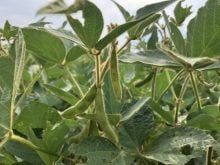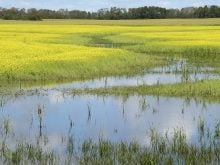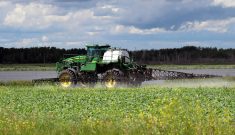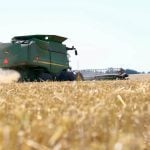For Manitoba’s farm leaders, this year’s provincial budget was the same old song and dance.
The government focused on other priorities and agriculture was ignored.
“A stable agriculture sector is important to the entire province and that has been too often overlooked,” said Jay Fox, president of the Manitoba Cattle Producers Association, in a statement.
“Our industry plays a vital role in Manitoba’s overall economy and is an essential component in sustaining rural economic sustainability, so we’re disappointed that the cattle industry did not figure more prominently in this budget.”
Read Also
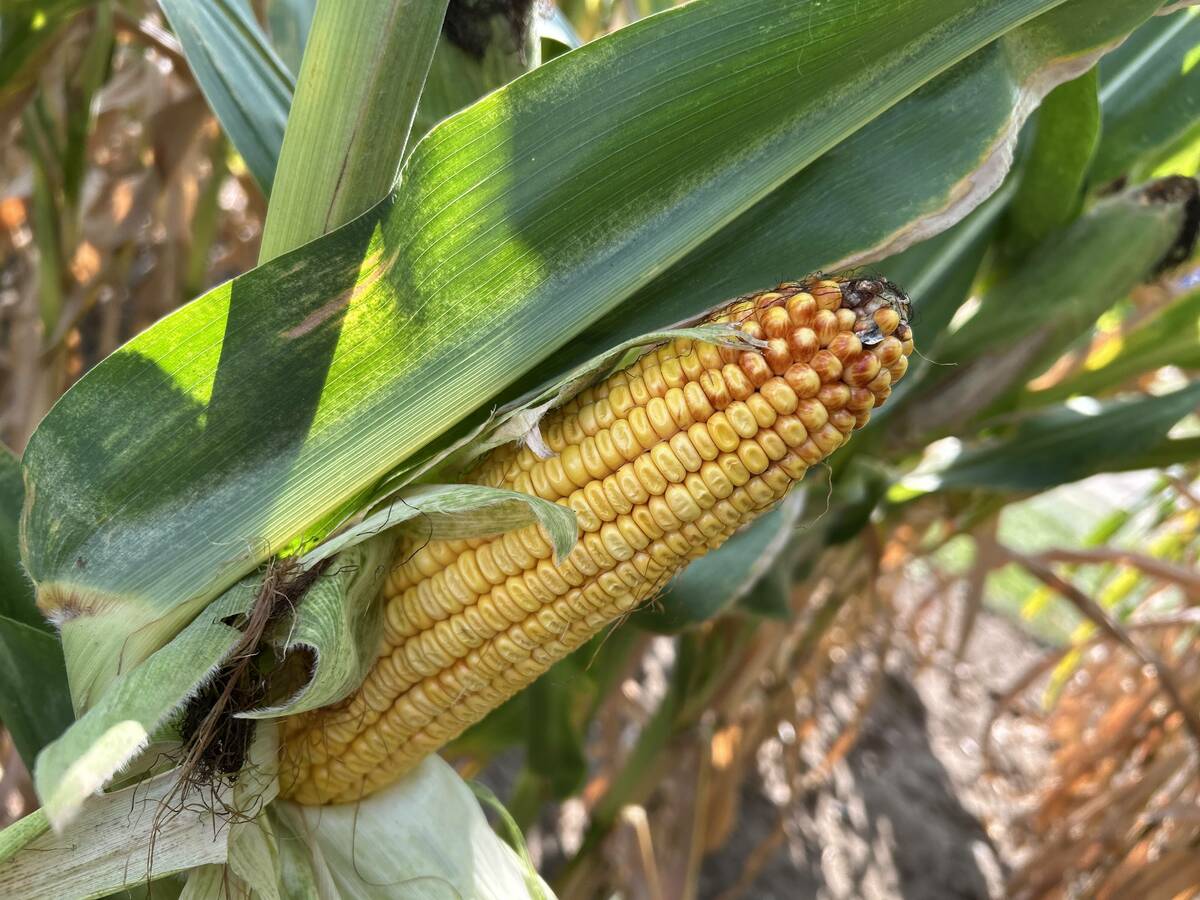
Crop estimates show mixed results
Model-based estimates used by Statistics Canada showed the 2025/26 crop year has seen increases in canola, corn for grain, oats and lentils production while seeing dips in spring wheat, durum wheat, soybeans and barley in comparison to 2024/25.
Manitoba finance minister Rosann Wowchuk announced last week the province will spend $10.8 billion in 2010-2011, up 5.2 percent from the 2009-2010 fiscal year. The government will spend more on education, health and justice, but half of all departments will see budget cuts.
Agriculture’s budget will go to $215.5 million in 2010-2011 from $224.9 million last year, a 4.2 percent decrease.
A large portion of the agriculture cuts will come from income stabilization programs. Manitoba contributions to AgriInvest, a provincial-federal program, will go to $9.2 million from $14.6 million.
Ian Wishart, president of Keystone Agricultural Producers, said farmers haven’t taken advantage of AgriInvest, a program where farmers invest in an account and governments match the contribution.
“Those programs (NISA) were very popular with farmers but we really never got this one off the ground because we never got the local deposits,” he said.
Regardless, the province’s cuts to AgriInvest caught Wishart off guard.
“We know that it’s part of the overall review process that is going on, on ag safety nets,” he said, noting if Manitoba is reducing its AgriInvest contributions, it’s likely the federal government will also cut its commitments.
“We might see a greater reduction on the federal side, which would, cumulatively, have quite an impact on farmers,” Wishart said.
Despite the criticism, Wowchuk said there are good news items in this budget for agriculture. The province will soon announce funding for a hemp processing plant in Dauphin and it will provide financial assistance for Interlake producers who couldn’t grow a crop in 2009, due to overland flooding.
The province also has plans to deal with a controversial regulation introduced last fall, which banned sewage ejectors in the province.
“The minister of conservation is looking at this very closely,” Wowchuk said during a budget briefing in Brandon last week.
She said there will likely be an announcement on this issue in the next couple of weeks.




